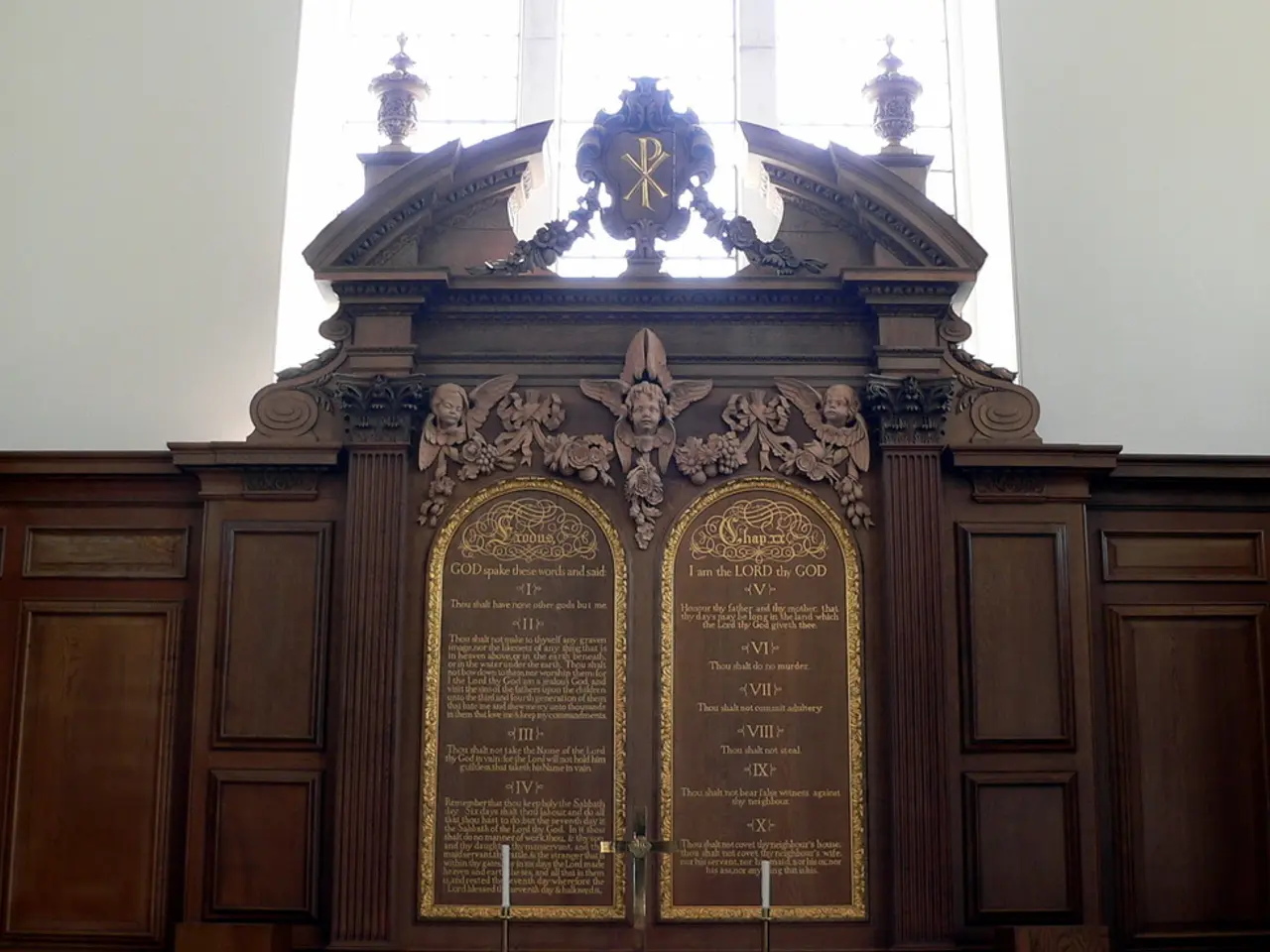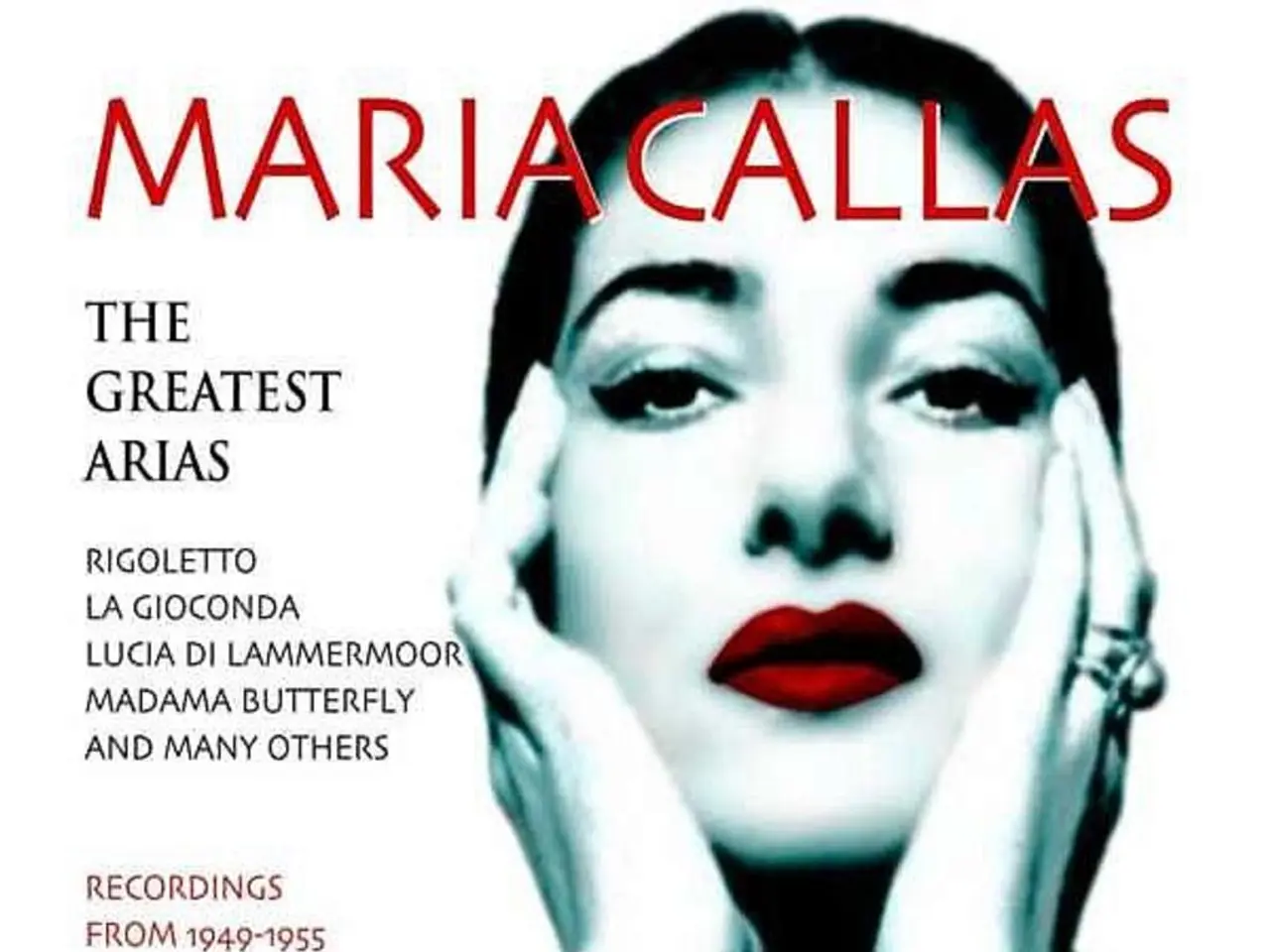Voters in Philadelphia offer a combination of appraisals to Mayor Parker, expressing a desire for increased public presence.
In a recent study by the Lenfest Institute for Journalism, Philadelphia residents have shared their opinions on Mayor Cherelle Parker's administration, revealing a complex and nuanced public perception. While tangible improvements have been recognised, concerns about sustainability, equity, and persistent challenges in the city's neighborhoods remain.
The study, which was part of Lenfest's Every Voice, Every Vote project, consisted of eight focus groups representing 67 Philadelphians from diverse backgrounds. The participants, including 28 Black residents, 27 white residents, six Hispanic participants, four Asian participants, and two Native American individuals, expressed a desire for increased visibility from Mayor Parker and her administration.
One of the key areas of focus was environmental quality and the city's "Clean and Green" initiatives. Residents noted some positive changes, such as increased trash collection, street sweeping, and tree planting, which many attributed to Mayor Parker's efforts. However, there was also notable frustration regarding the persistence of issues like illegal dumping and abandoned cars, which some residents felt persisted despite city efforts to address them.
Mayor Parker's "Extended Day, Extended Year" school initiative has expanded, now serving 40 schools (30 district and 10 charter) with free before- and after-school programs, winter and spring break camps, and a six-week summer camp. The program, jointly funded by the city and school district with a $26.1 million budget, has been positively received by parents, particularly those with demanding work schedules. However, there is some limited evidence of improved classroom attendance among participating students, although the initiative has not yet fully reached the "year-round school" model promised on the campaign trail.
Concerns over public safety and the opioid crisis were also raised, with residents expressing dissatisfaction with Mayor Parker's handling of the opioid epidemic in Kensington, indicating ongoing public safety challenges remain an issue among voters.
Residents offered nuanced views on Mayor Parker’s leadership, budget management, and negotiations related to issues like the Sixers arena. Despite a recent Pew poll reporting a historic 63% approval rating, participants expressed frustrations about equitable service delivery and visible improvements in quality of life.
Common concerns among residents included school conditions, street cleanliness, crime, and lack of communication from city officials. Some participants criticised a lack of communication about how high-profile pilot programs like year-round school and extended school days work. Many also cited reckless driving as an issue that they did not see the city address appropriately.
Despite these frustrations, many residents reported active civic engagement - from voting to volunteering at schools. Residents widely noticed and appreciated increased trash collection, street sweeping, and tree planting, which were commonly linked to Mayor Parker.
However, participants argued that more police would help make traveling on SEPTA safer, and some criticised what they saw as superficial solutions to crime, such as hiring more police, and argued that the root causes of crime - poverty, trauma, disinvestment - needed more focus.
Moreover, many residents reported that cleanups in Kensington had merely shifted the issue to other neighborhoods. Some expressed frustration that these improvements weren't reaching all corners of the city, and that awareness of some city initiatives was high, but detailed understanding was often lacking.
Overall, the Lenfest Institute's study points to a complex and nuanced public perception, where tangible improvements under Mayor Parker are recognised but tempered by concerns about sustainability, equity, and persistent challenges in Philadelphia’s neighborhoods. Many participants longed for clearer communication from City Hall and expressed a hunger for local news.
- The Lenfest Institute's study, which focuses on politics and general-news, reveals a complex and nuanced public perception of Mayor Cherelle Parker's administration, with recognition of tangible improvements but also concerns about sustainability, equity, and persistent challenges in Philadelphia's neighborhoods.
- Participants in the Lenfest Institute's study, which covers politics and general-news, expressed a desire for increased visibility from Mayor Parker and her administration and voiced concerns over issues such as environmental quality, school conditions, street cleanliness, and lack of communication from city officials, indicating a need for more transparency and equitable service delivery.







